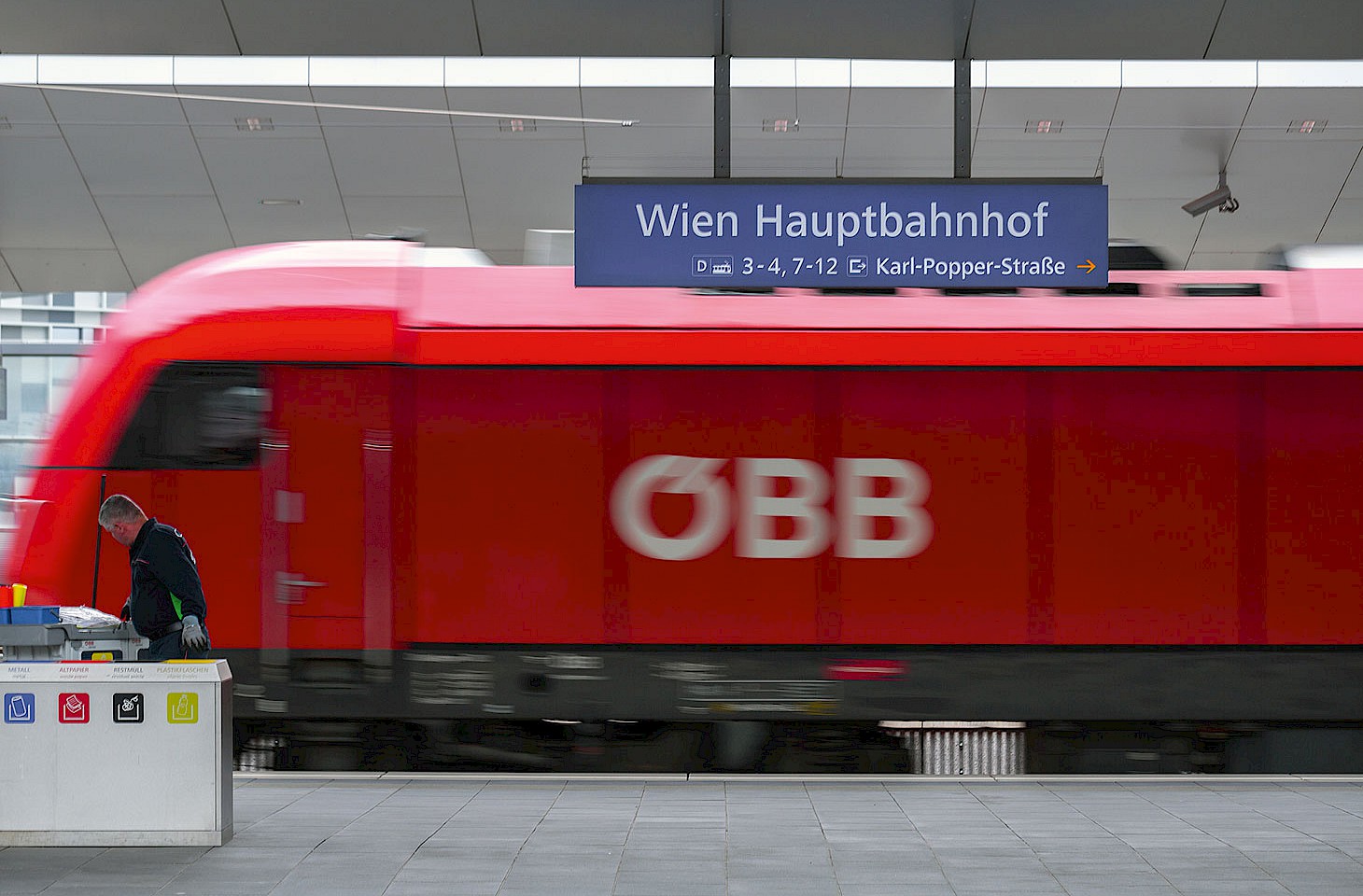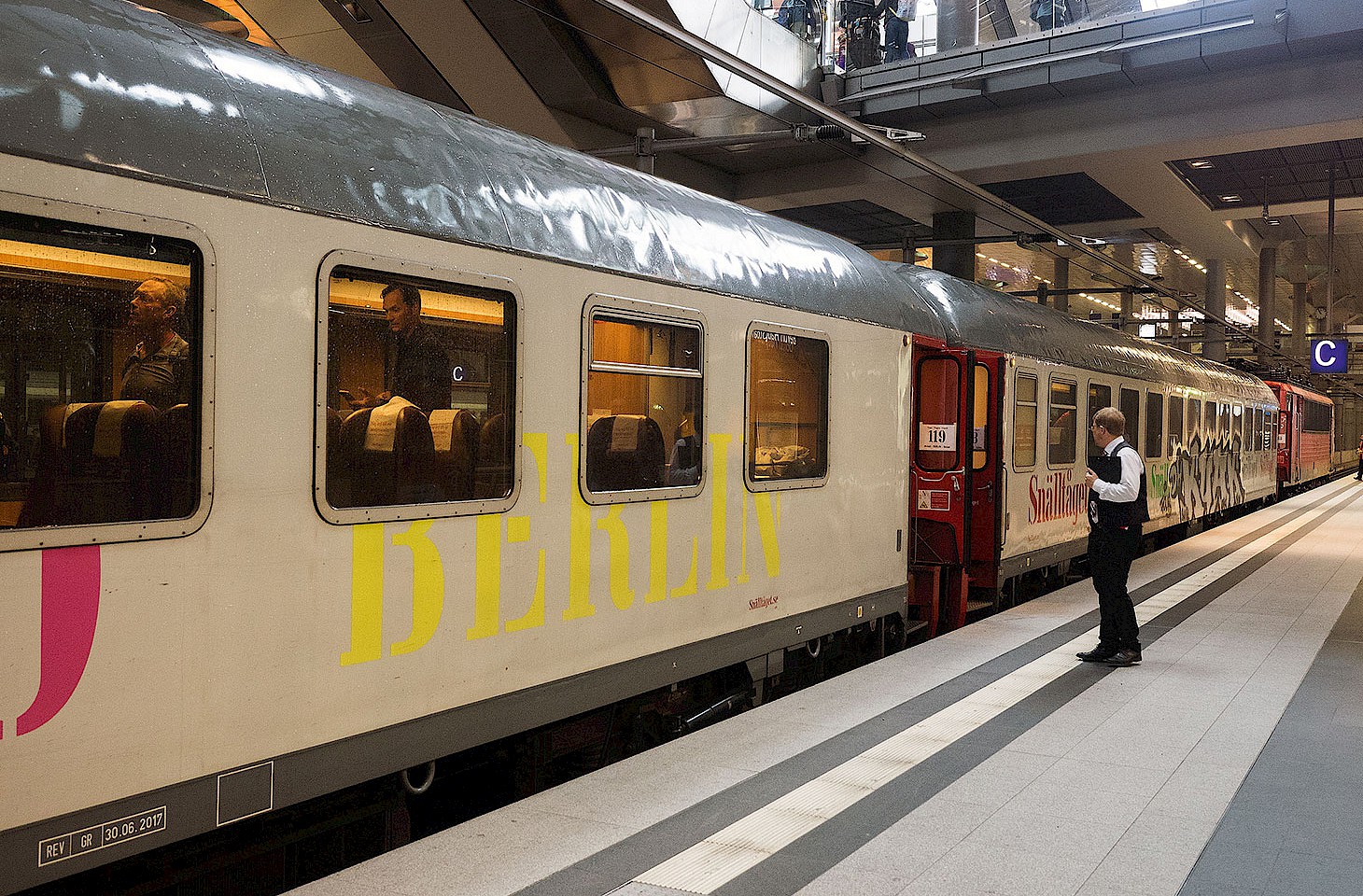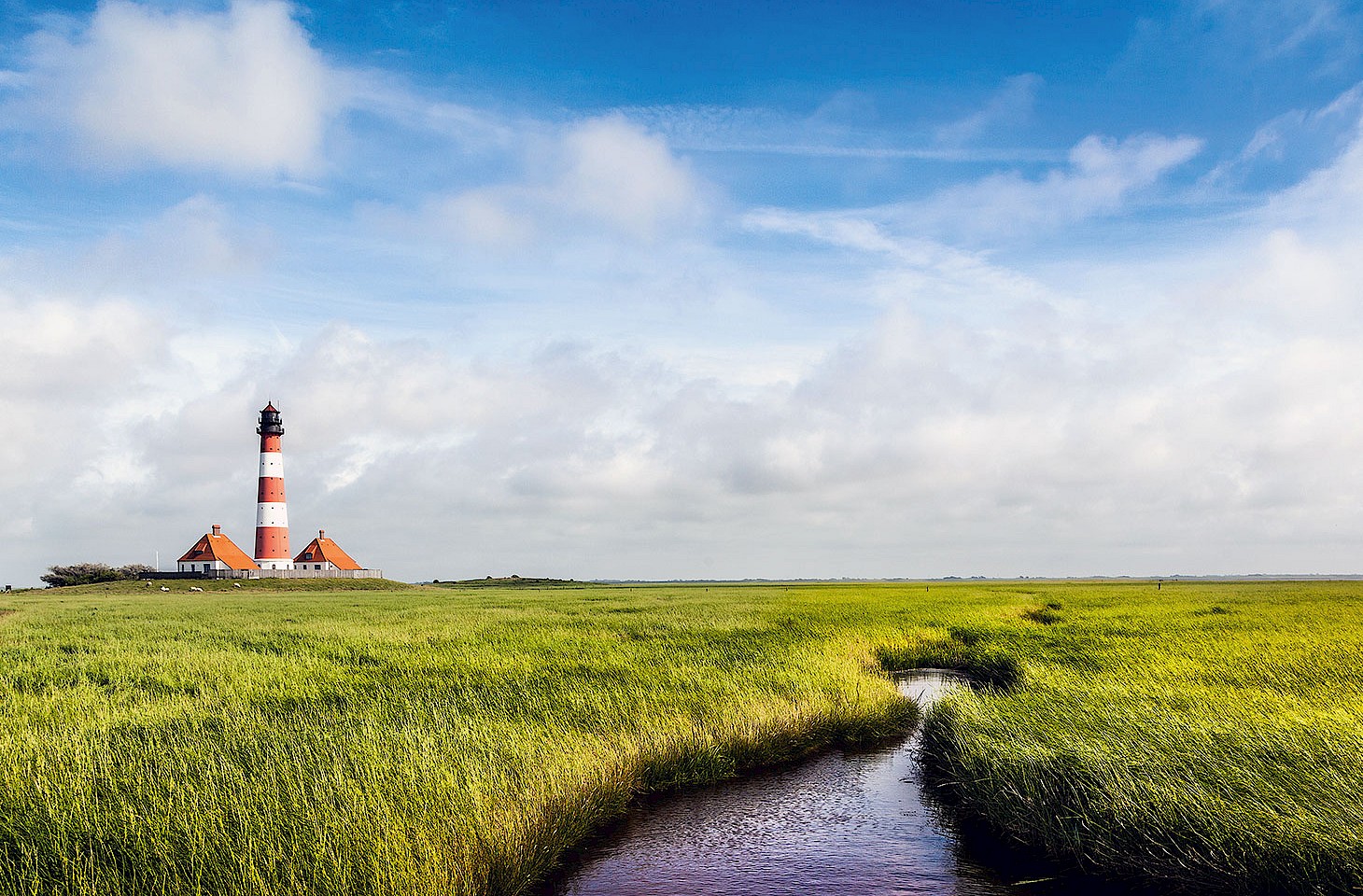The raft moves smoothly through the soft reed beds that mark the edge of the river, and a crane takes uneasily to the air. The flapping of wings overhead sends a red deer running for cover. An official in a green uniform casually observes this early arrival from Poland. It is a dawn ritual that he has witnessed a thousand times. The river melts into the mist of a spring morning, while the thin sunshine hints of a fine day ahead. But now even the footbridge over the Oder is barely to be seen in the mist. The raft glides up to the wooden pier, and a man steps forward with a rope to secure the vessel. Then, silently and methodically, a hundred crates are unloaded from the raft and stacked in the back of the waiting white truck. Within minutes, the vehicle is on its way, heading west to the motorway, and by breakfast time, it will be in Berlin, delivering its load of crisp starched bed linen and white tableware to the city's finest hotels. The uniformed embodiment of the German customs walks away from his vantage point overlooking the pier, satisfied that it was serviettes rather than cigarettes that stuffed the crates from Poland.
A couple of hours later, chattering schoolchildren walk over the long metal footbridge that spans the river and the reed beds. A pair of storks observe the chattering children from their summer season home on a telegraph post overlooking the bridge. These are young Poles from nearby Gryfino who daily walk their cross border route to school in Germany.




